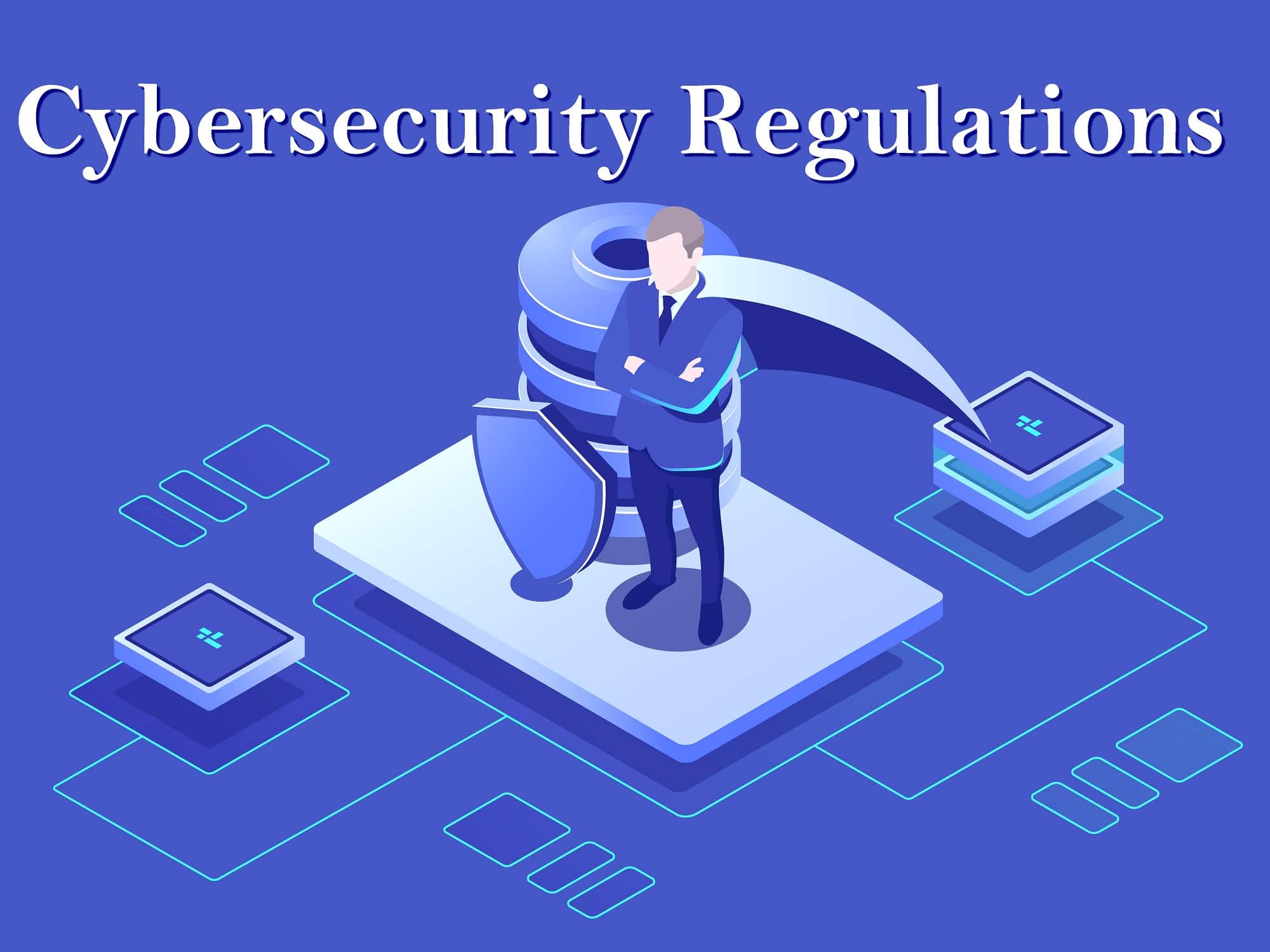
• introduction
In an increasingly digital world, cybersecurity has become a paramount concern for nations globally, and Saudi Arabia is no exception. With the rapid growth of the digital economy, the Kingdom has implemented stringent cybersecurity laws to protect its data and infrastructure. Understanding the penalties for violating these laws is crucial for both businesses and individuals operating in the region. In this blog post, we will explore the penalties for violating Saudi cybersecurity regulations, the significance of these laws, common violations, and best practices to ensure compliance.
• Why Cybersecurity Laws Matter
Cybersecurity laws in Saudi Arabia are designed to safeguard sensitive information, promote data protection, and ensure the integrity of the nation’s digital infrastructure. These regulations not only protect the interests of businesses and consumers but also bolster national security. As Saudi Arabia aims to diversify its economy under Vision 2030, the importance of robust cybersecurity measures cannot be overstated. By adhering to these laws, organizations can mitigate risks associated with cyber threats, enhance their reputation, and foster trust among customers and stakeholders.
• Common Cybersecurity Violations and Their Consequences
Cybersecurity violations can take many forms, each carrying its own set of consequences. Understanding these violations is essential for compliance with Saudi Arabia’s cybersecurity laws.
• Types of Cybersecurity Offenses in Saudi Arabia
Data Breaches: Unauthorized access to sensitive data, whether through hacking or negligence, is one of the most common offenses. Organizations must implement appropriate security measures to protect personal and sensitive information.
Failure to Report Incidents: Under Saudi cybersecurity regulations, organizations are required to report any cybersecurity incidents promptly. Failing to do so can lead to severe penalties.
Inadequate Security Measures: Businesses must establish and maintain robust cybersecurity frameworks. Inadequate measures can result in vulnerabilities that expose data to cyber threats.
Non-compliance with Data Protection Regulations: Organizations that fail to comply with data protection regulations face significant legal repercussions. This includes not obtaining proper consent for data collection or not implementing necessary safeguards.
Cyber Fraud and Scams: Engaging in or facilitating cyber fraud, such as phishing attacks or identity theft, is a serious offense that can lead to criminal charges.
• Legal Consequences: Fines and Punishments
The legal framework governing cybersecurity in Saudi Arabia includes a range of penalties for violators. The Saudi Cyber Crime Law and other relevant regulations outline specific fines and punishments for different offenses.
Fines: Monetary penalties for violating cybersecurity laws can vary widely based on the severity of the offense. Fines can range from thousands to millions of Saudi Riyals, depending on the nature and impact of the violation.
Imprisonment: In cases of severe violations, such as cyber terrorism or significant data breaches, offenders may face imprisonment. Sentences can range from several months to several years, depending on the crime’s severity.
Business License Revocation: For businesses that repeatedly violate cybersecurity regulations, the government may revoke their operating licenses, effectively shutting down their operations.
Civil Liability: Organizations may also face civil lawsuits from affected parties, leading to additional financial burdens.
Reputational Damage: Beyond legal penalties, violations can severely damage an organization’s reputation, leading to loss of customers and business opportunities.
• How to Stay Compliant with Saudi Cybersecurity Regulations
Compliance with Saudi cybersecurity regulations is essential for avoiding penalties and ensuring the protection of sensitive data. Here are some best practices for businesses and individuals:
• Best Practices for Businesses and Individuals
Conduct Regular Audits: Organizations should perform regular cybersecurity audits to identify vulnerabilities and ensure compliance with relevant regulations.
Implement Robust Security Measures: Businesses must invest in advanced cybersecurity technologies, such as firewalls, encryption, and intrusion detection systems, to safeguard their data.
Employee Training: Regular training sessions for employees on cybersecurity best practices can significantly reduce the risk of breaches caused by human error.
Develop an Incident Response Plan: Having a well-defined incident response plan can help organizations respond swiftly to cybersecurity incidents, minimizing damage and ensuring compliance with reporting requirements.
Stay Informed: Cybersecurity regulations are continually evolving. Organizations should stay updated on changes to laws and best practices to maintain compliance.
• Steps to Prevent Cybersecurity Violations
Preventing cybersecurity violations requires a proactive approach. Here are some steps organizations and individuals can take:
Risk Assessment: Conduct a thorough risk assessment to identify potential vulnerabilities and threats to your data and systems.
Data Encryption: Encrypt sensitive data both in transit and at rest to protect it from unauthorized access.
Access Controls: Implement strict access controls to ensure that only authorized personnel can access sensitive information.
Regular Software Updates: Keep all software and systems updated to protect against known vulnerabilities.
Engage with Cybersecurity Experts: Consider consulting with cybersecurity professionals to develop and implement a comprehensive cybersecurity strategy tailored to your organization’s needs.
• Conclusion: Ensuring Cybersecurity Compliance
In conclusion, understanding the penalties for violating Saudi cybersecurity regulations is vital for businesses and individuals operating in the Kingdom. By recognizing the importance of these laws and taking proactive measures to ensure compliance, organizations can protect their data, maintain their reputation, and contribute to the overall security of Saudi Arabia’s digital landscape. As the Kingdom continues to advance its digital economy, prioritizing cybersecurity compliance will be essential for fostering trust and resilience in the face of evolving cyber threats.
